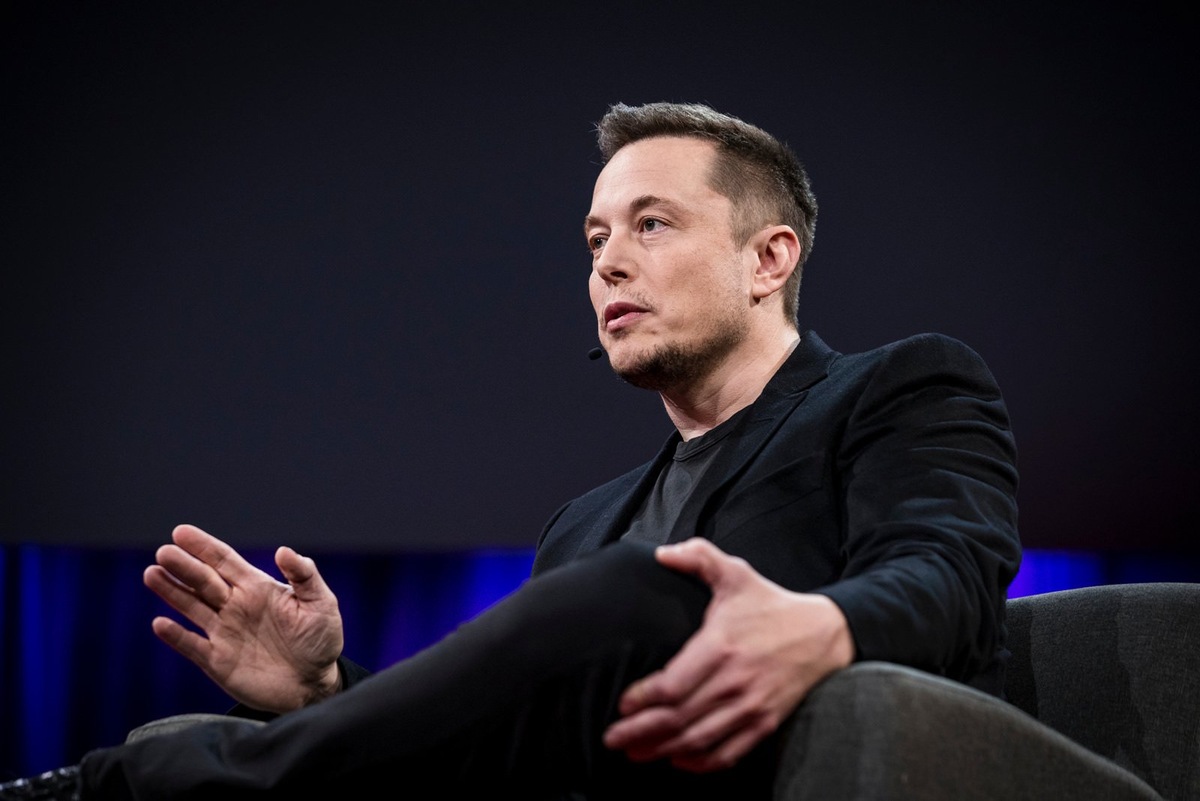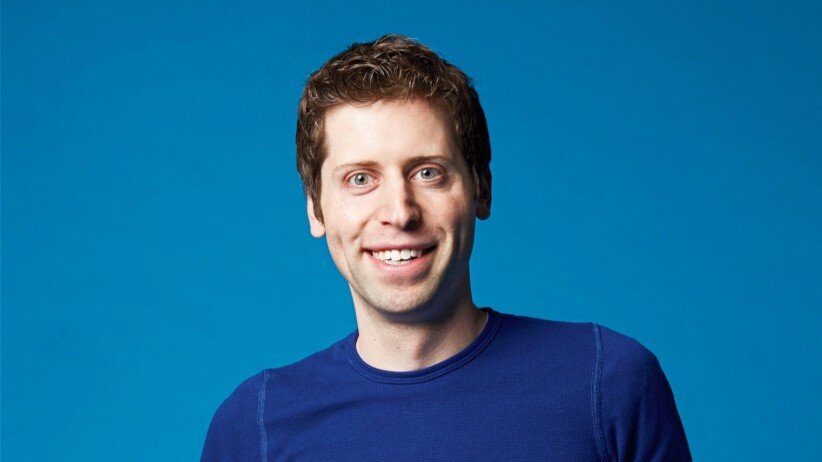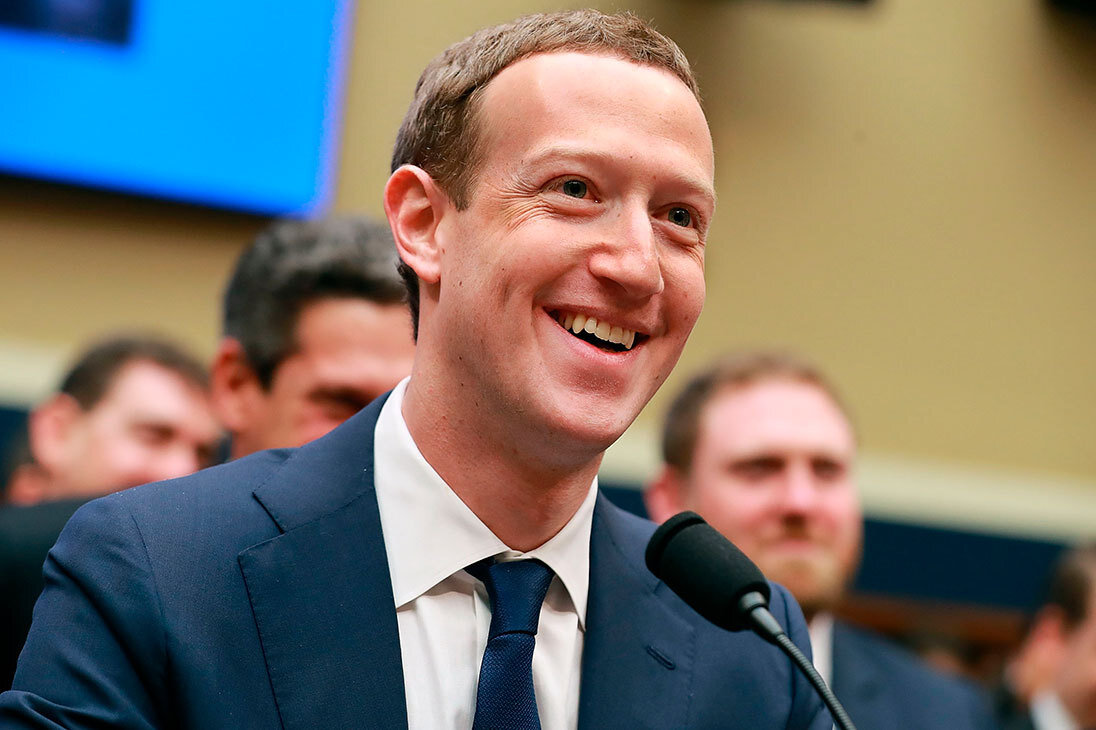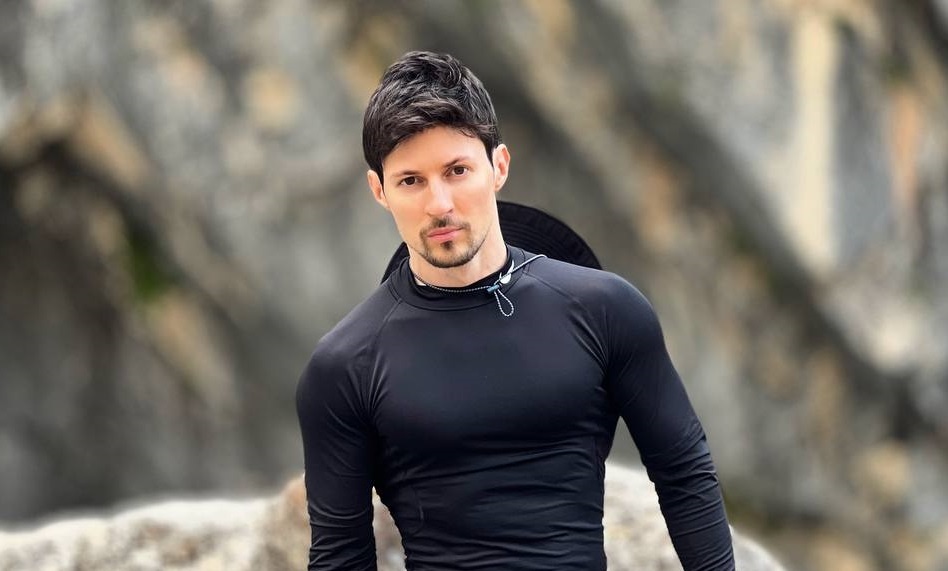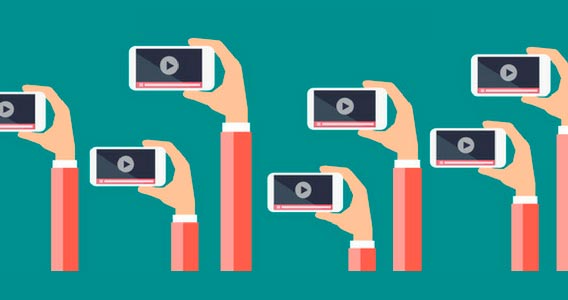The Book Summary: What Some of the Most Influential People Are Reading
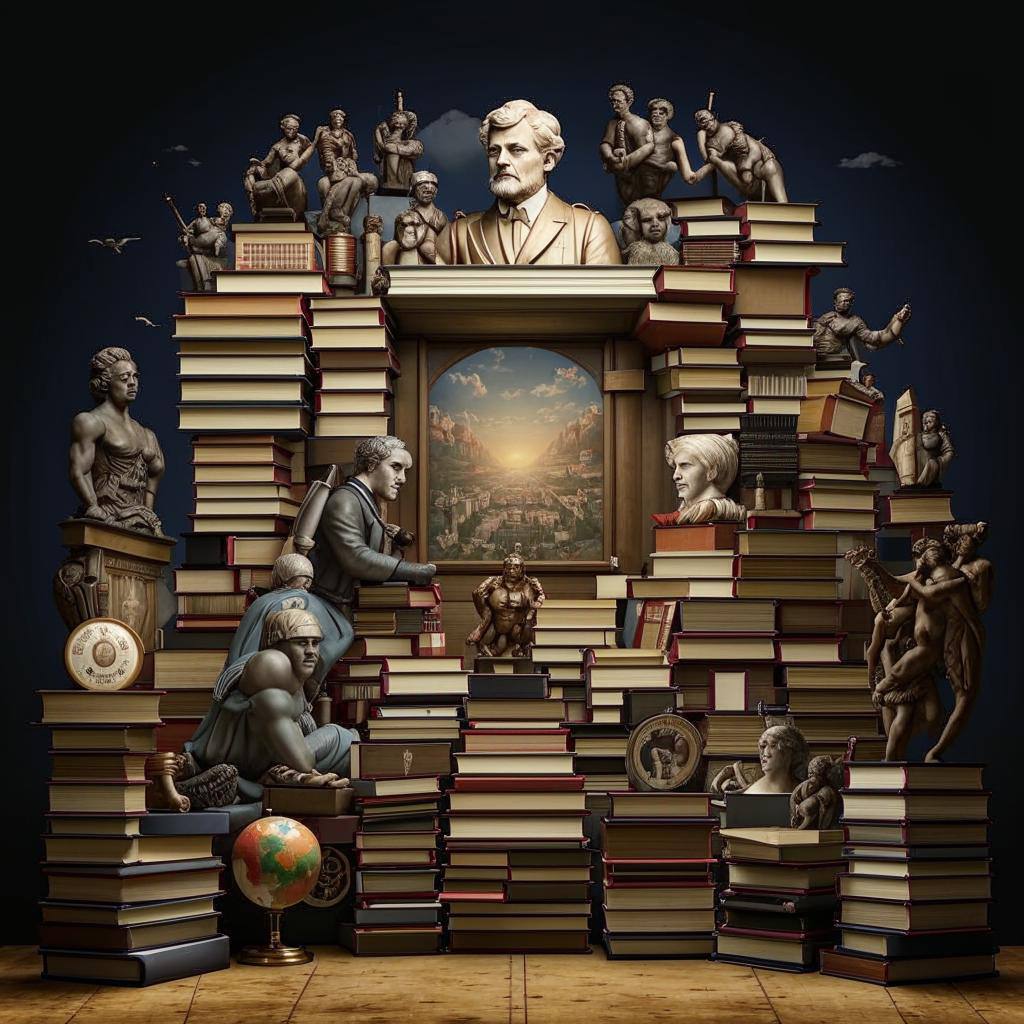
Every year, billionaire Bill Gates shares a list of intriguing books he recommends. Each book is accompanied by a brief comment on why it's worth paying attention to. In 2024, Bill Gates' selection includes the following works:
"The Women", by Kristin Hannah. A historical-fiction novel that tells the story of a U.S. Army nurse who serves two tours on the frontlines in Vietnam before returning home to a country shaken by protests and anti-war sentiments.
"Infectious Generosity", by Chris Anderson. The curator of TED Talks explores how the internet can amplify the impact of generosity. He offers a plan on how everyone—including individuals, governments, and businesses—can contribute to increasing levels of generosity, not just in a material sense.
"Brave New Words", by Sal Khan. The founder of Khan Academy has been a pioneer in educational technology long before the rise of AI. His vision of AI's potential to enhance the educational process is well-argued in this book.
"How to Know a Person", by David Brooks. A practical guide to developing social and communication skills. While people often rely on personality typologies like Socionics to build relationships, Brooks argues that the core skill underlying any communication is understanding others, or as he puts it, "the ability to listen loudly."
11 Books Recommended by Elon Musk
American entrepreneur, engineer, and owner of the social network X (formerly Twitter), Elon Musk, shared a selection of books and audiobooks for those who "think about the Roman Empire every day." The main themes of these 11 works are history, politics, and economics, offering a comprehensive understanding of how the world works. Here’s what made it into Musk's personal top picks:
"The Story of Civilization", by Will Durant. This monumental work by Will Durant is a multi-volume exploration of the development of human civilization from ancient times to the early 20th century. Each volume provides an in-depth look at the cultural, political, and social aspects of different historical periods and regions. It's more than just a chronological account of historical events—it's a comprehensive study of the factors that have shaped the modern world.
"The Iliad", by Homer. One of the greatest works of world literature, this epic poem by the ancient Greek poet Homer recounts the events of the Trojan War. Central characters include the Greek hero Achilles and the Trojan prince Hector. Homer masterfully weaves the fates of gods and humans, showcasing their passions, heroism, and weaknesses. "The Iliad" not only celebrates military feats but also deeply explores human nature, fate, and honor.
"The Road to Serfdom", by Friedrich von Hayek. A seminal book by one of the 20th century's leading economists, it discusses the potential dangers of excessive government intervention in economic life. Hayek emphasizes the importance of a free market and individual liberty as fundamental principles for ensuring the prosperity and development of democratic societies.
"American Caesar", by William Manchester. This biographical study of General Douglas MacArthur, one of the most prominent and controversial military leaders in U.S. history, was published in 1978. The book covers the period from 1880 to 1964, including MacArthur's service in both World Wars, his role in the occupation of Japan, and his involvement in the Korean War. Manchester portrays MacArthur as a complex and multifaceted figure, both an exalted and contentious leader, comparing him to Julius Caesar, as reflected in the book's title.
"Masters of Doom", by David Kushner. A gripping chronicle of the rise of the video game industry and the story of id Software. The book details how a group of young enthusiasts, passionate about new technologies and ideas, revolutionized the gaming industry, turning it into a multi-billion-dollar business. Kushner not only reveals the history of iconic games but also delves into the personal lives of those who created them.
"The Wages of Destruction", by Adam Tooze. This comprehensive analysis of the 2008 global financial crisis examines its long-term consequences for the world economy and politics. A professor of history and one of the leading economic historians, Tooze views the crisis not just as a financial phenomenon but as an event that reshaped the political landscape in various regions around the world.
"The Storm of Steel", by Ernst Jünger. A firsthand account of World War I, written by someone who personally experienced its horrors on the front lines. Jünger, a German officer and participant in the war, describes his impressions and experiences during battles on the Western Front, vividly conveying the realities of warfare.
"The Guns of August", by Barbara Tuchman. This work provides a detailed account of the events of August 1914, when the great powers of Europe were suddenly drawn into a large-scale conflict that none of them truly wanted, but none could prevent. Tuchman meticulously analyzes the causes that led to the war, the diplomatic maneuvers, strategic mistakes, and emotional decisions of leaders that became catalysts for catastrophe.
"Gallic Wars", by Gaius Julius Caesar. This classic work, written by the famous Roman general and statesman, personally details his military campaigns in Gaul (modern-day France and parts of neighboring countries) from 58 to 50 BC. These records, written by Caesar in the third person, are not only an important historical document but also a unique literary work that demonstrates the author's mastery as both a commander and a writer.
"Twelve Against the Gods", by William Bolitho. The book tells the stories of 12 historical figures united by their love of adventure, thirst for fame, and renown. Bolitho features well-known individuals like Alexander the Great and Woodrow Wilson but also explores the lives of lesser-known figures such as Isadora Duncan and Lucius Sergius Catiline.
"Genghis Khan", by Jack Weatherford. The life of the Mongol leader Temujin, through the lens of a scholar-anthropologist. Weatherford compiled unique materials that form the basis of a fascinating narrative about one of the most controversial yet consistently iconic and enigmatic figures who changed the world.
Sam Altman: Favorite Books of the CEO of OpenAI
What does the creator of ChatGPT and Time magazine's Best CEO of 2023 read in his spare time? Here's a selection of 10 books that Sam Altman has mentioned in his posts on X (formerly Twitter):
"Superintelligence", by Nick Bostrom. Bostrom analyzes the relationship between artificial intelligence and humanity. What could happen if AI surpasses human cognitive abilities? In this book, Bostrom discusses the future of humanity, intelligent life, and coexistence with machines.
"The Sleepwalkers: How Europe Went to War in 1914", by Christopher Clark. Australian historian Christopher Clark takes readers back to the events leading up to World War I. He examines the causes, factors, events, and participants that ultimately influenced the well-known outcome.
"Thinking, Fast and Slow", by Daniel Kahneman. Do people always control their thinking? Why do they sometimes make obviously wrong decisions or act irrationally? Kahneman provides answers to these and many other questions in his book.
"Einstein: His Life and Universe", by Walter Isaacson. A biography of the great physicist that not only showcases his scientific achievements and theories but also delves into his personal life, philosophical views, and influence on contemporaries. Isaacson deeply explores the context of the time in which Einstein lived, highlighting his role as a humanist and activist, making this book both a scientific and cultural study.
"Blitzscaling", by Reid Hoffman and Chris Yeh. This book analyzes the history of the biggest companies. The authors share experiences and strategies that have helped many successful businesses, including LinkedIn, achieve rapid scaling. It offers practical advice and real-life examples, making it valuable for entrepreneurs, leaders, and anyone interested in startups and business.
"Zero to One", by Peter Thiel. The renowned investor shares his views on entrepreneurship, innovation, and creating successful startups in this influential book.
"The Beginning of Infinity", by David Deutsch. In his book, physicist and philosopher David Deutsch offers deep reflections on the future of humanity, its capacity for innovation and self-improvement, and explores the philosophical and scientific aspects of knowledge, progress, and society’s potential.
"Secrets of Sand Hill Road", by Scott Kupor. This book focuses on the venture capital and startup scene in Silicon Valley. Kupor provides insights into how venture capital firms operate, how they make investment decisions, and what qualities they look for in entrepreneurs.
"Winning", by Jack Welch and Suzy Welch. A practical guide to the principles of successful management and leadership, organizational competitiveness, and building effective team operations.
"Man's Search for Meaning", by Viktor Frankl. An autobiographical work in which the author, a Holocaust survivor, shares his experiences in concentration camps and his reflections on the meaning of life. Frankl argues that the search for meaning is the primary driving force of humans and describes his philosophy of logotherapy, emphasizing that even in the most difficult circumstances, one can find purpose and meaning in existence.
Try Popsters Trial plan to get content activity statistics of any pages for a next 7 days for free
Try for free

